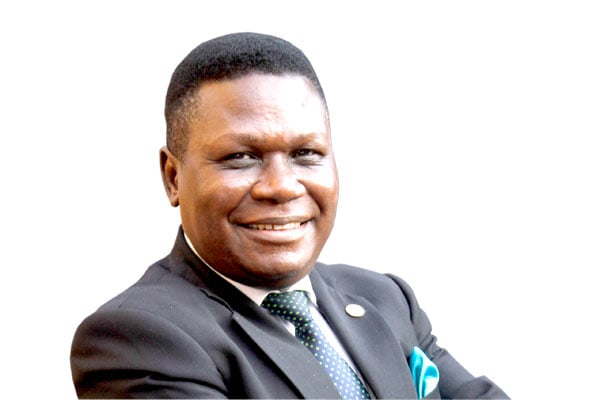Prime
Gen Muhoozi: A man well-known without being known well (Part II)

Author: Mr Nobert Mao. PHOTO/FILE
What you need to know:
- Commentators are looking at Muhoozi but they are also looking at who could be behind him.
The number one thing our boxing coach in Namilyango College taught us was that each time you threw a punch you open yourself up for a counterattack. Last week we posed a few questions after laying out Lt Gen Muhoozi Kainerugaba’s credentials. Today we have to assess the weight of his punches and his vulnerabilities to counterattacks.
Our first contention is that the explanations for the 48th birthday fetes as spontaneous expressions of love for a role model are inadequate. This is because the life of Muhoozi seems to follow a carefully choreographed script whose author is not difficult to guess. In secondary school science classes we were taught about phototropism – when a plant is put in a confined dark container and only one side is left open as a source of light, the plant will naturally bend towards the light.
It is for the same reason that those who catch grasshoppers use bright lights to attract them. Only a dunderhead would believe that the grasshoppers are coming spontaneously.
The so-called spontaneous fans are responding to a stimuli. Apart from those who are simply star-struck, there are skilful schemers, opportunists and social climbers whose careers will get some buoyancy as a result of the association. Not that anyone should blame them but our point is that there’s no spontaneity.
To make sense of these complex questions we cannot ignore the context of a country that is yet to witness a peaceful change of government. Uganda is like a vehicle whose engine goes off each time there’s an attempt to change gears, leading to a loss of control. Is the fault with the vehicle or the driver? I insist that there’s nothing inherently wrong with the vehicle called Uganda but there’s a tragic failure of leadership. If there is one thing we need as we discuss transition, it is sober leadership!
The military in Uganda is the major arbiter of political power. The power the military has is not just political. It is also economical. And Muhoozi can use his influence in the military to get power. But will that power come with legitimacy and authority? This can only be answered by a consideration of how tired the people are of the status quo that any change is better than no change.
The vast security apparatus provides the outer perimeter of the regime’s defence, but with the expression of political ambition by Muhoozi, will this outer perimeter remain intact? The overt signals by Muhoozi that he wants power may ironically bring to the fore the conflicts and contradictions that may catalyse transition to real democracy.
Then there are the contradictions that usually emerge within any ruling circle. After Dr Kizza Besigye challenged President Museveni in 2001, Amama Mbabazi accused him of jumping the queue. A few years ago Gen Kale Kayihura became a subject of speculation as a possible successor to Museveni. In the blink of an eye talk started of kawukuumi (weevils) infiltrating the system and trying to destroy it from within.
With regime longevity, contradictions become more intense. Muhoozi’s emergence and the boldness with which its adherents are acting may thus be a response to the contradictions within the Museveni court. So commentators are looking at Muhoozi but they are also looking at who could be behind him. He comes to the political arena with a crown of victory for the diplomatic achievement that has (for now) restored normalcy between Rwanda and Uganda. He has been to Egypt and Kenya and met with the heads of state there.
There’s a sense of urgency in the way he is cultivating a new profile as a politician and a diplomat rather than as a military man. One would be a fool to ignore this posture and the positioning it represents. The momentum suggests a strong tail wind! Still, we can’t ignore the fact that this Muhoozi phenomenon will also cause its own contradictions.
If Muhoozi had any incentive to vie for the highest office in the land, the birthday celebrations have only given him more incentives. By his own admission he is now a force to reckon with. In his chest thumping tweets he describes himself as “unstoppable”!
But Uganda is not an easy country. Those who have taken Ugandans for granted have lived to regret it. The potential for instability is still there because of the disembowelling of the Constitution. Will instability still be the dominant characteristic of our country? Between the lines, Muhoozi promised stability. But what kind of stability does Muhoozi represent? Stability can be democratic or authoritarian.



